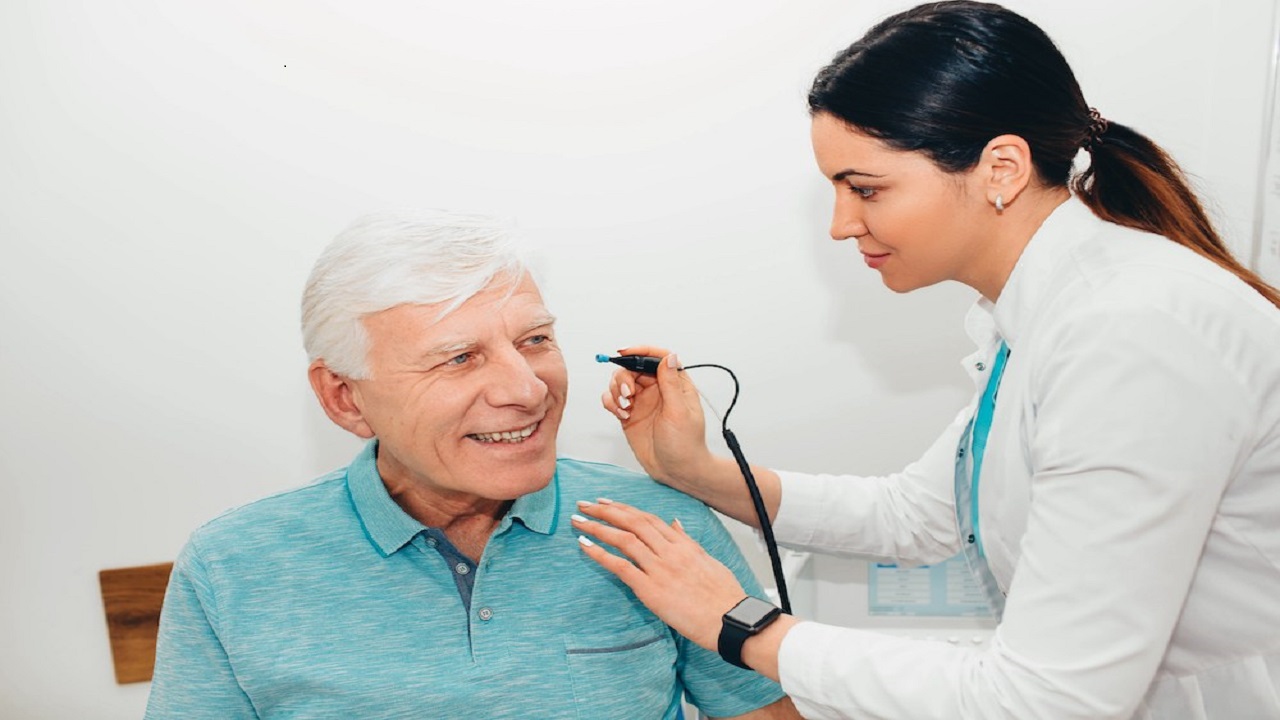Millions of people say they have had difficulty communicating, listening to music, or listening to usual sounds. Hearing loss could be gradual or may happen suddenly. It is not a disease that respects age; everybody, from infants to adults, could fall prey to it. All types of hearing loss and preventive measures should be known to maintain ear health. Hence, if you want to know more, go now and find the right fit for yourself.
What is meant by Loss of Hearing?
It means that you cannot hear sounds clearly or at all. It can be as mild as a person who does not hear soft sounds or is not able to hear anything at all. Sometimes, it can develop over time and can affect one ear or both. There can be many reasons for losing hearing.
Different Types of Hearing Loss
Each type has different roots and needs various kinds of approaches.
Conductive Hearing Loss
It makes sound travel to the inner ear difficult. Some common causes of conductive hearing loss include:
- Ear infections
- Earwax buildup
- Fluid in the middle ear
- Eardrum or ear bone damage
Mixed Hearing Loss
This means that damage may occur in the outer or middle ear and the inner ear or both pathways of the nerve. Treatment for mixed hearing loss often includes a combination of treatments for both types.
Why Does Early Detection Matter?
Catching hearing loss early is significant since it can avert future complications. Most people will fail to notice that they are losing some of their hearing until it is almost gone. Hearing checks done regularly may assist in spotting the problem before it worsens. Treatments are more beneficial when you catch hearing loss early; an individual will be able to continue to develop communication skills for their overall well-being actively.
Early detection improves mental health, too. Many of those with hearing problems are often socially and emotionally frustrated, contributing to their anxiety and possibly depression. When treated as early as possible, they will maintain their social engagement and enjoy life a little further.
Importance of Technology towards Hearing Health
An essential use of technology is sensing loss and improving communication. Hearing aids are the most popular devices for helping hearing-impaired people. The tiniest devices bring people artificial sounds through which they hear their speeches and other important sounds around them. Modern aids are now Bluetooth-compatible, meaning they can stream with smart televisions, mobile devices, and many more electronic devices.
Apart from hearing aids, cochlear implant technology is used to treat patients suffering from severe hearing impairment. These devices bypass impaired parts of the ear directly to stimulate the auditory nerve for the user's sound perception. There are also applications and programs available for hearing health information; sound level measuring meters are notations for noise exposure. Using these technologies will improve the standard of living for those suffering from hearing disabilities.
How to Prevent it?
It can be prevented through simple things aimed at protecting the ears. To keep your hearing safe, follow these tips.
Protect Your Ears from Loud Noises
One of the most common causes of hearing impairment is noise-hyperacusis from loud noises, whether predictable from the flow of music, machinery, or traffic. The time taken to hinder is short enough to cause such damage, irrespective of its high volume. In the presence of loud noise, be sure to wear earplugs or muffs in order to prevent any cases of hearing loss.
Avoid Ototoxic Medications
There are specific drugs that can have harmful effects on your hearing. These types of drugs are referred to as ototoxic. Some antibiotics, along with the chemistry for cancer treatment and pain relievers, could potentially lead to hearing loss if they are taken over a long duration. Discuss the side effects with your doctor if there are any medications you are taking.
Stay Healthy
Your hearing is a health issue. Such conditions damage your ear and bring about hearing loss: diabetes, high blood pressure, infections, and more. Staying healthy means protection for hearing. Sugar should be kept under check, and cholesterol, exercise, and a healthy diet should be part of the daily routine.
Get Your Regular Check-ups
In most instances, hearing loss develops gradually without the individual being aware until it becomes too serious. It is important to have regular hearing checks, especially for those over 60 or with a family history of hearing loss within the building age. Such an early diagnosis can prevent further damage, and treatment, where applicable, may be easier.
Conclusion
Hearing loss can occur due to several factors, including age, exposure to loud sounds, and more health conditions. Types of hearing impairments vary from one another, and different measures are required for each type.
The good thing is that there are measures available for a person to avert hearing loss and to keep hearing safe. Using ear protection, keeping ears clean, and being observably healthy can keep your hearing intact in the years to come. Remember, ears are precious, so take care of them.


